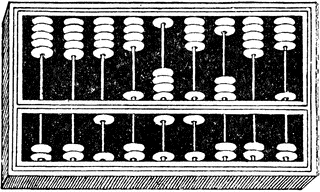In early September, the Canadian Children’s Book Centre named Yesterday’s Dead as one of five finalists for the Geoffrey Bilson Award for Historical Fiction for Young People, one of the 2013 TD Canadian Children’s Literature Awards to be presented on October 22, 2013 in Toronto. We were travelling when I received this exciting news.
Being a finalist is equal parts thrilling and daunting because all of the finalists are terrific books by incredibly talented Canadian authors:
- A Call to Battle (I am Canada), Gillian Chan, Dundas, ON (Scholastic Canada).
- The Lynching of Louie Sam, Elizabeth Stewart, Vancouver, BC (Annick).
- Making Bombs for Hitler, Marsha Forchuk Skrypuch, Brantford, ON (Scholastic Canada).
- Violins of Autumn, Amy McAuley, London, ON (Walker Publishing Company, Inc.)
- Yesterday’s Dead, Pat Bourke, Toronto, ON (Second Story Press).
I’m staggered by the degree to which historical fiction continues to offer compelling stories that young people want to read. Like me, all of these authors are fascinated by stories from the past. Like me, they love the research and the possibilities they uncover, And like me, they probably tear their hair out, too, as they work to get the story right. I encourage you to read all of this year’s nominated finalists and share them with your favourite young readers.
Writing for young people is about being the very best writer you can be, every single day, because our audience has the highest standards of all. I’m honoured to have my first novel stand shoulder-to-shoulder with these outstanding books. Stay tuned for the results from the October 22 gala in Toronto! ∞

